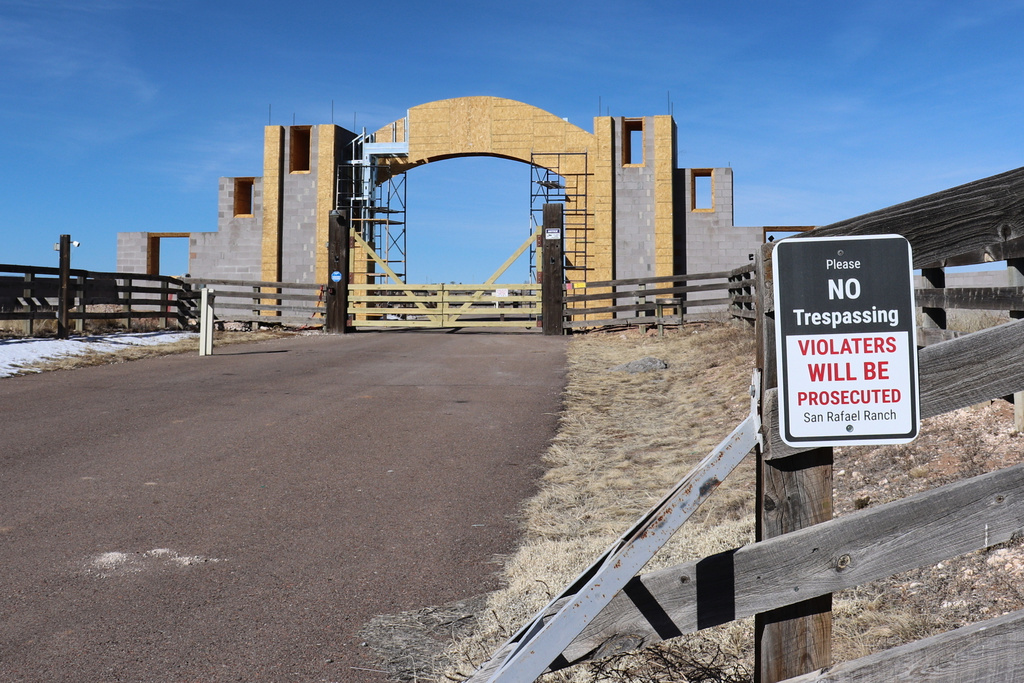Researchers say the effects that the months and years of COVID-19 pandemic lockdowns had on us can still be felt in society, particularly with the population of older adults in the U.S., new study data found.
Research from the University of Colorado Boulder found that today, more than half of older adults spend more time at home and less time out socializing in public compared to how they lived their lives before the pandemic began.
"We found that the pandemic fundamentally altered neighborhoods, communities and everyday routines among aging Americans," Jessica Finlay, an assistant professor of geography said.
Finlay and other researchers who worked on the study said older adults appear to be more fearful of infections and find that they're more uncomfortable in certain social environments.

Are dating apps bad for your mental health?
Research shows dating apps like Hinge, Bumble or Tinder can be associated with negative impacts on mental health.
Last year, U.S. Surgeon General Dr. Vivek Murthy made his alarm known when he released a report on the "devastating impact of the epidemic of loneliness and isolation in the United States." The notice, released just days before the U.S. Centers for Disease Control announced the official end of the COVID-19 public health emergency on May 11, 2023, said the crisis of loneliness in the United States had become a major matter of public health.
Dr. Murthy said, "Our relationships are a source of healing and well-being hiding in plain sight — one that can help us live healthier, more fulfilled, and more productive lives."
He added, "Given the significant health consequences of loneliness and isolation, we must prioritize building social connection the same way we have prioritized other critical public health issues such as tobacco, obesity, and substance use disorders. Together, we can build a country that’s healthier, more resilient, less lonely, and more connected."
Researchers in this latest study out of Colorado said they began their data-collection with baseline and monthly surveys, and were able to get nearly 7,000 people over age 55 from all 50 states in the U.S. to participate, they said in a paper published online by the university.
Those who worked on the study found some good news in their data, discovering that at least 10% of older adults said they exercised outdoors more frequently since the pandemic. A small group of those surveyed said they found that their lives opened up more as they went to concerts, classes and other events.
Religious faith could also contribute to increasing the health of older adults.
As Muslim's holy month of Ramadan came to a close and as Christians recently marked Good Friday, Pope Francis said many religious faithful were feeling a "sense of worth," that "only the Lord can give."
Researchers on the study out of Colorado found that the pandemic had a significant effect on how much civic engagement adults made a part of their lives. In 2019, a Pew Research study found that those who are religiously active in congregations appear to enjoy more civic engagement than those who are not affiliated with a religion — and that they tend to drink less alcohol and smoke less, habits which are often correlated with depression or anxiety, according to government health experts.
Researchers from the Netherlands Institute for Neuroscience and the University Hospital Essen published findings in the journal Nature Human Behavior after conducting a large-scale review and analysis of hundreds of touch-intervention studies. They found that touch can benefit human physical and mental health no matter one's age or current state of wellness, though some specifications can provide higher benefits than others.
The Colorado researchers found that as in-person interactions wane, it could become "increasingly rare" for adults with "differing sociopolitical perspectives, to collectively hang out and respectfully converse."
The Population Reference Bureau published findings online last year that said data from Emily Wiemers of Syracuse University and colleagues found that adults between 50 and 64 were "more likely" to experience mental and economic difficulties in the first year of the pandemic than those who were 65 and older.
The American Psychological Association signaled that any attempted interventions into the issue of loneliness might be based on assumptions, because "strong evidence supporting interventions addressing loneliness remains limited. The increase in loneliness associated with the pandemic highlights the need for a concerted effort to strengthen that evidence base," researcher Mareike Ernst said.










